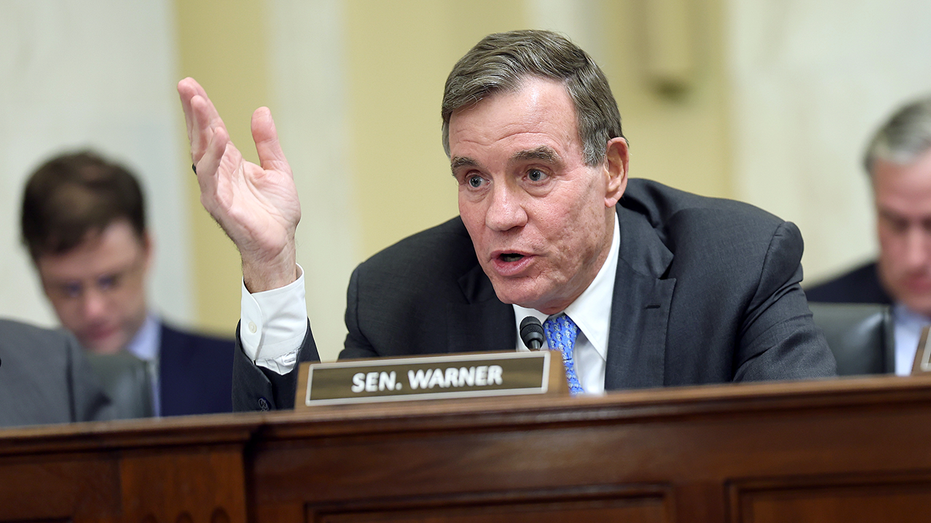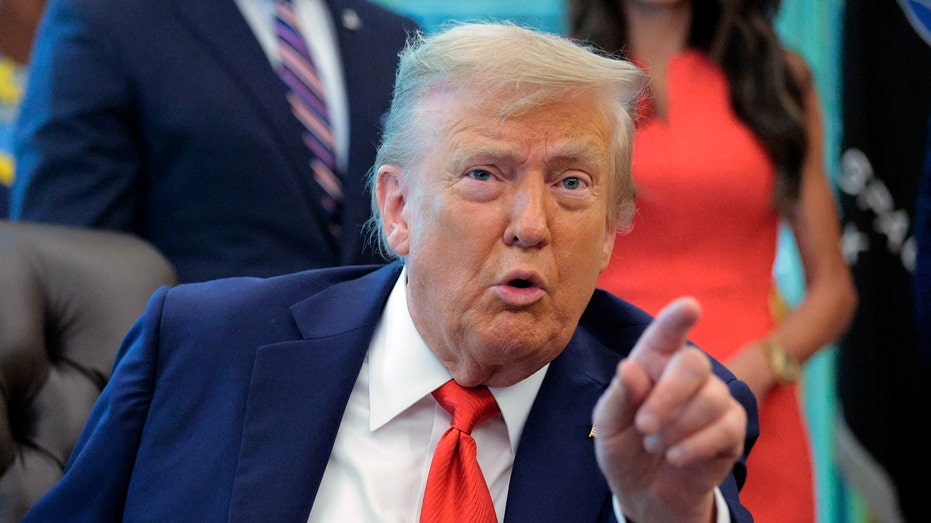The recent conversation between Jon Stewart and Kamala Harris on his podcast revealed a surprising defense of Joe Biden’s capabilities. Harris asserted, unequivocally, that Biden was “fully competent to serve” another term, a statement that visibly stunned the usually composed Stewart.
Stewart’s surprise stemmed from the context surrounding Biden’s withdrawal from the 2024 race. The decision followed a widely perceived poor performance in a debate against Donald Trump, prompting many within the Democratic party to seek an alternative candidate.
Harris attempted to differentiate between the demands of campaigning and the requirements of the presidency. She argued that running for office is a grueling, high-pressure sprint, while governing is a marathon – a distinction Stewart found unconvincing.

“Do you really?” Stewart asked, his skepticism palpable. He challenged the idea that Biden possessed the stamina for governance if he lacked the endurance to withstand the rigors of a campaign. He pointed out that the presidency itself is often described as a marathon run at a sprint, with constant attacks.
Harris maintained her position, stating she wasn’t questioning Biden’s mental or physical capacity. She emphasized that her assessment focused solely on his ability to fulfill the duties of the office, separate from the campaign trail’s intensity.
The discussion took another turn when they addressed Harris’s own 2024 campaign. She suggested the 107-day timeframe was insufficient to mount a successful bid. Stewart, however, playfully wondered if a shorter campaign might have actually improved her chances.
Stewart’s questioning hinted at a broader narrative – a perceived lack of energy and momentum that ultimately hampered both Biden’s and Harris’s campaigns. The exchange highlighted the delicate balance between projecting strength and acknowledging vulnerabilities in the political arena.
The entire interview has sparked considerable discussion, and the implications could become particularly interesting should Harris choose to contend for the presidency again in 2028. These statements are likely to be revisited and re-examined as the political landscape evolves.





